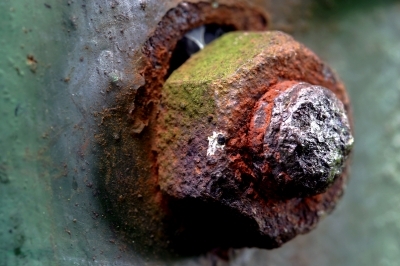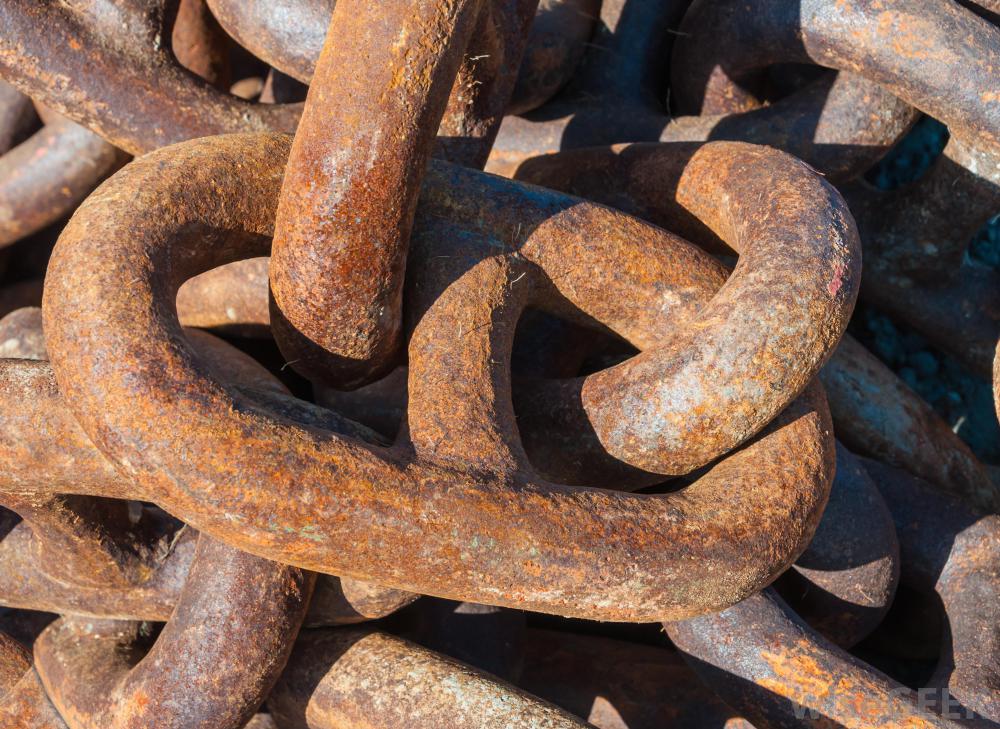Cause Of Damage

Despite being one of the most common and useful materials manufactured materials in the world, steel has always had one major flaw. It rusts. We often see the dark brown or red color and flaky material on old bridges, old buildings, and on steel that has just been left out in the open for too long. Steel isn’t the only metal however that rusts. Just take a look at any pennies you have laying around, any silverware you have, or pictures of the Statue of Liberty. Zinc, nickel, copper and aluminum and many more metals are also subject to the corrosion chemical reaction. Why steel rusts in the first place, why some steel rusts and not others, and why steel doesn’t rust in certain situations makes for an interesting topic.
Why Does Steel Rust?
Any material made with iron that is exposed to both oxygen and water will rust. Because steel is made almost entirely of iron, it is the most highly manufactured man made material that is subject to rust. To understand why steel rusts, you have to know a little bit about chemistry and the periodic table. After the element Helium, elements like having 8 electrons in their outer shell, and will borrow electrons from other elements to achieve that level. Water, for example is made of an oxygen atom with 6 outer electrons and 2 hydrogen atoms that have 1 electron each. Through the borrowing and sharing of electrons in a reduction reaction, FeO(OH) (the most common form of rust) is created.
How Does Rust Form?
When any type of steel rusts, including steel, it undergoes a chemical reaction called corrosion. During that process of being exposed to air and water while being left outside or in the elements for an extended period of time, a variety of different types of rusts can form, but the most common form is Fe2O3. Rust only forms on the outside of a metal surface because it requires exposure of oxygen and water to rust. If you find an old metal table or steel rod that’s been left outside that you try to scrub clean of rust, anything shiny under the surface you see has not been exposed yet to both oxygen and water.
link source : https://www.capitalsteel.net/news/blog/why-does-steel-rust-plus-other-steel-rusting-questions-answered



